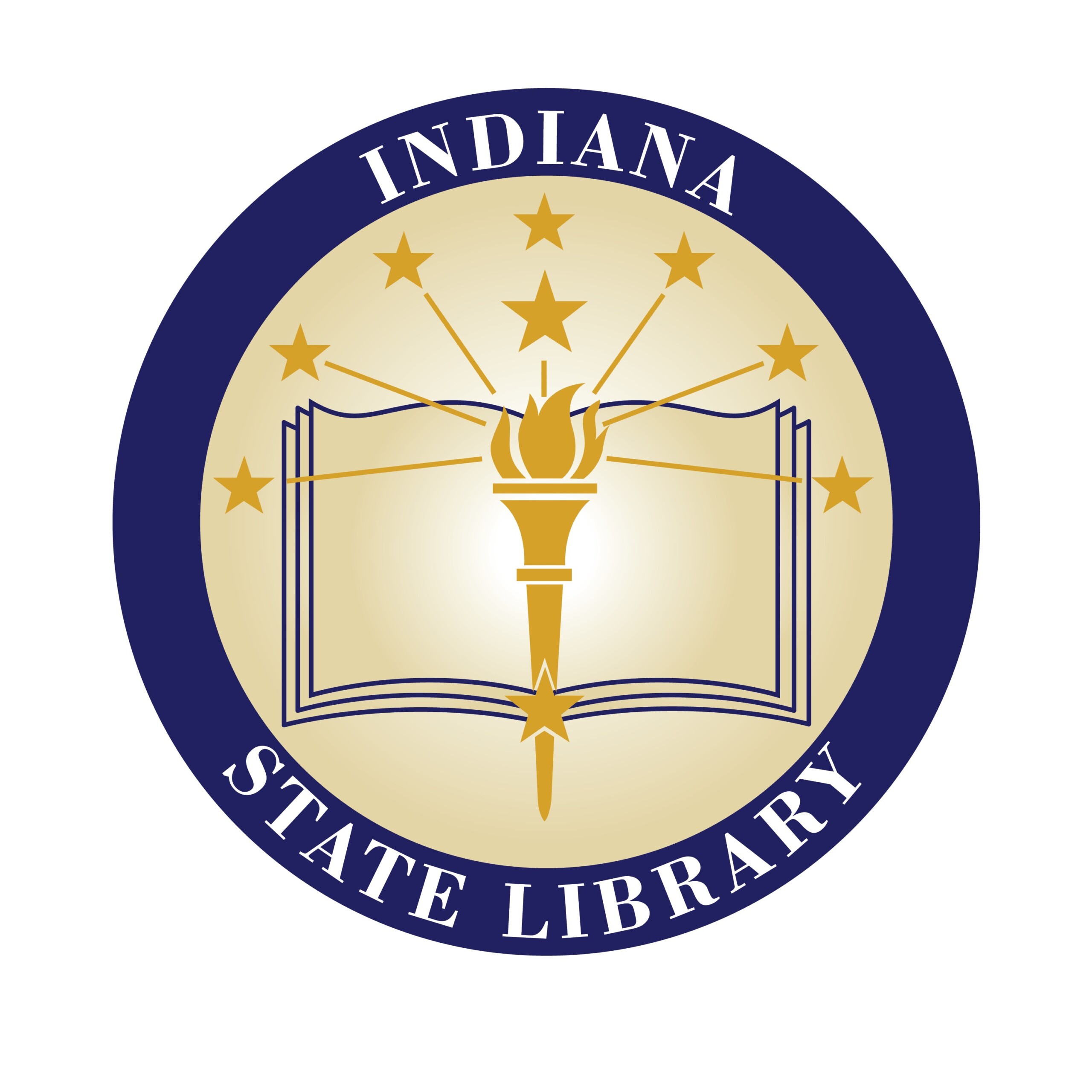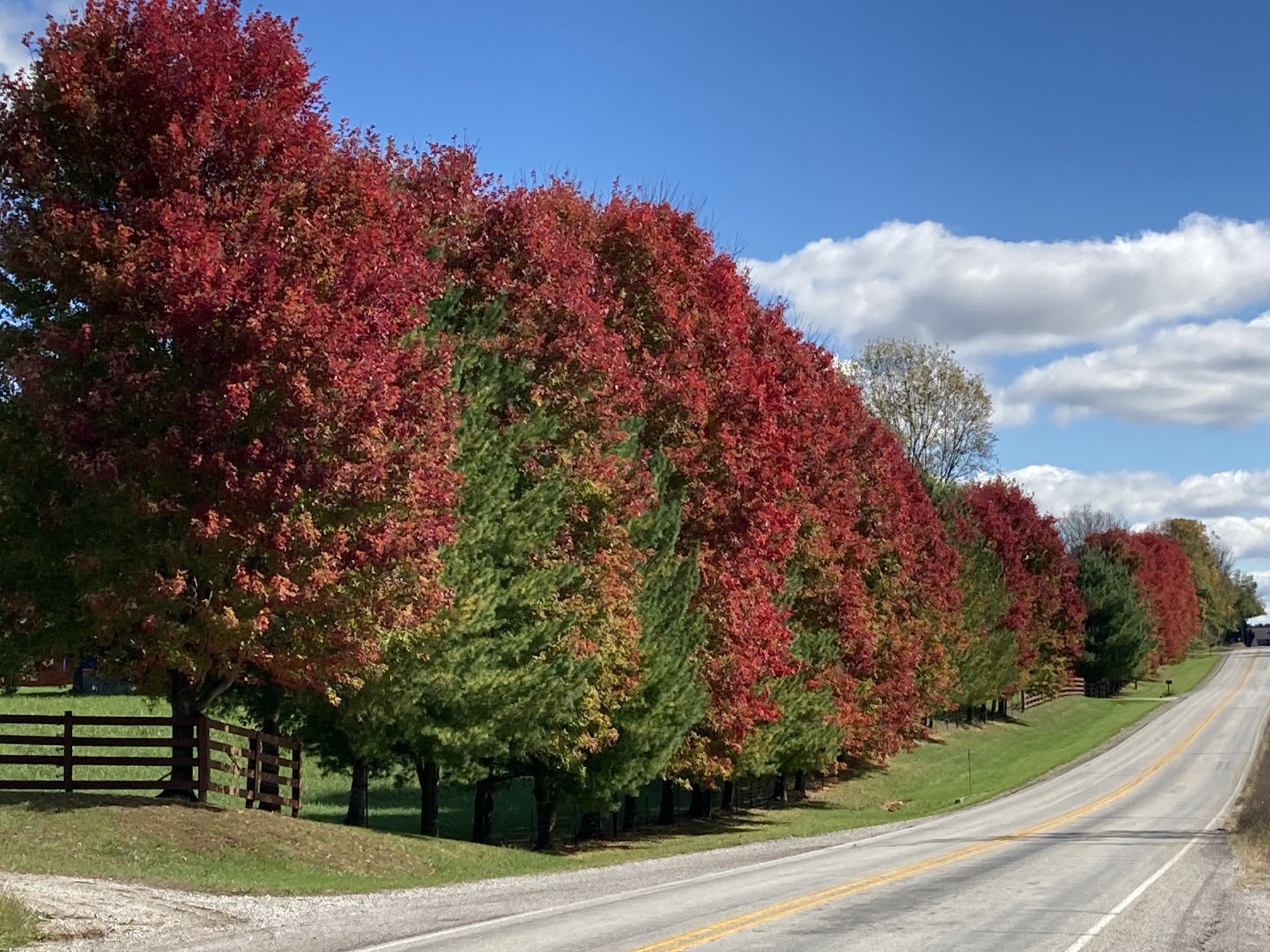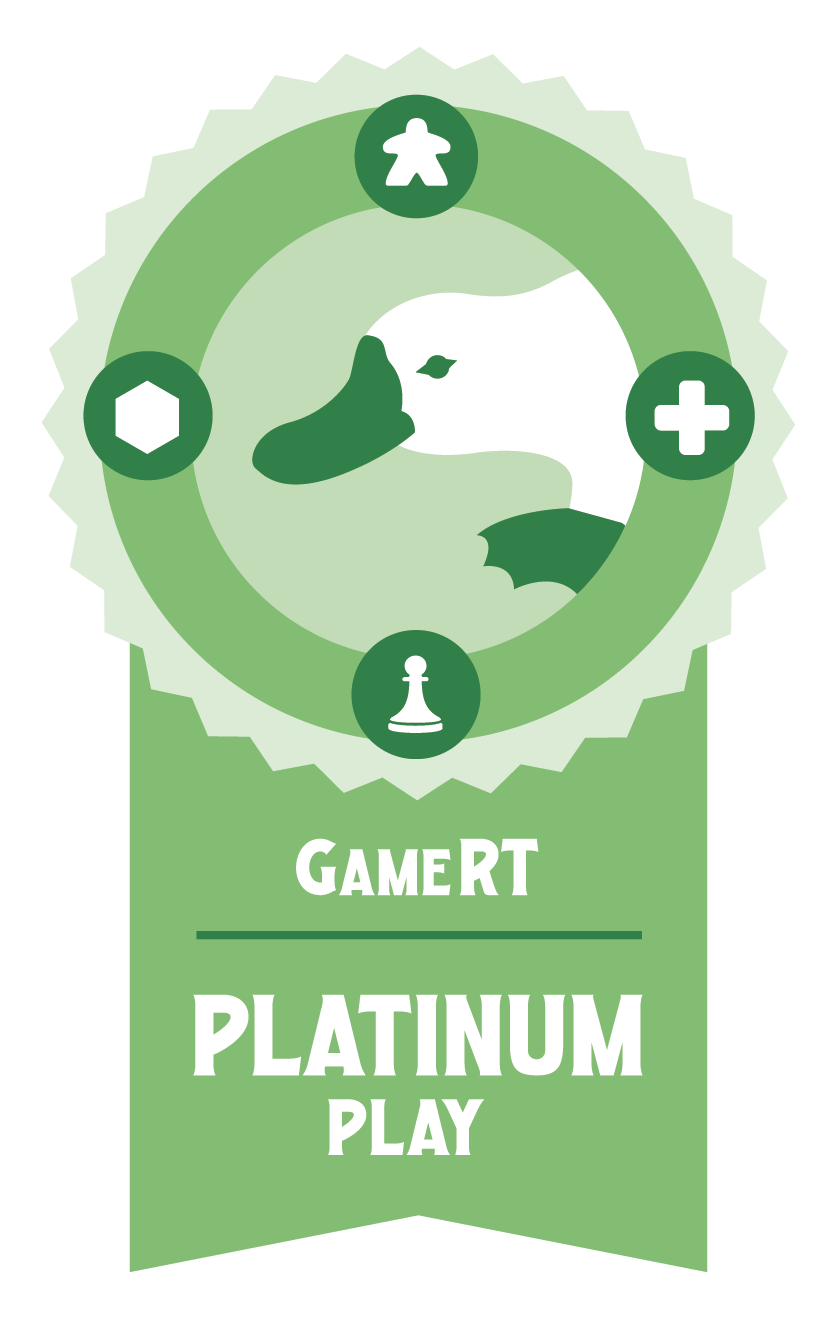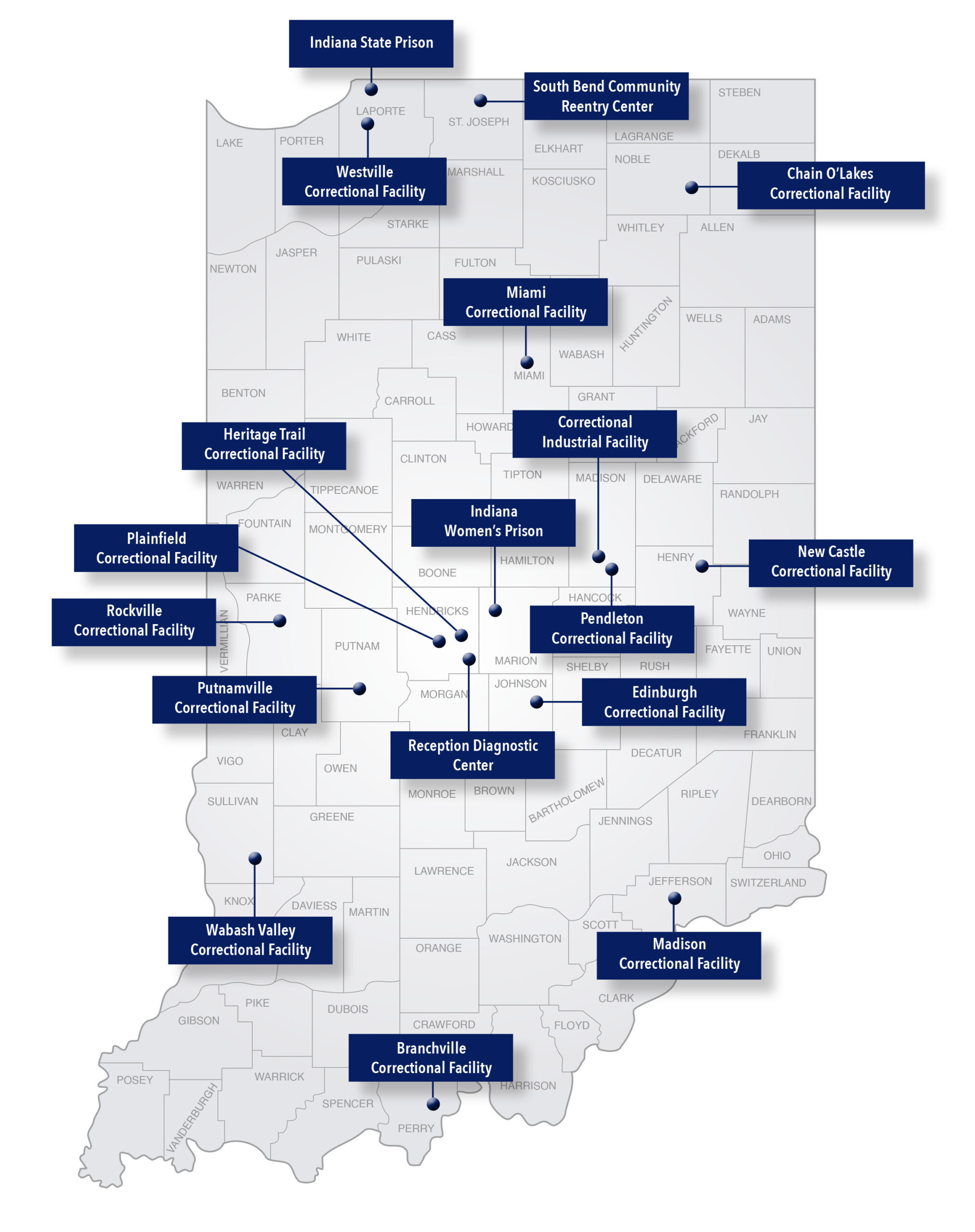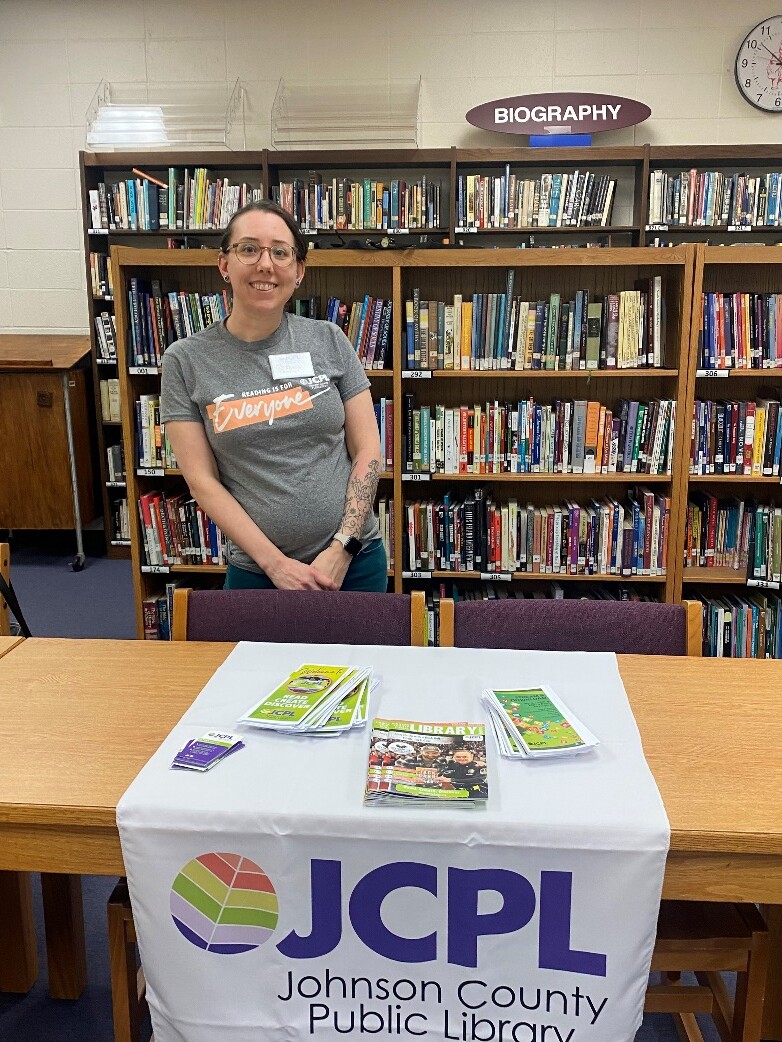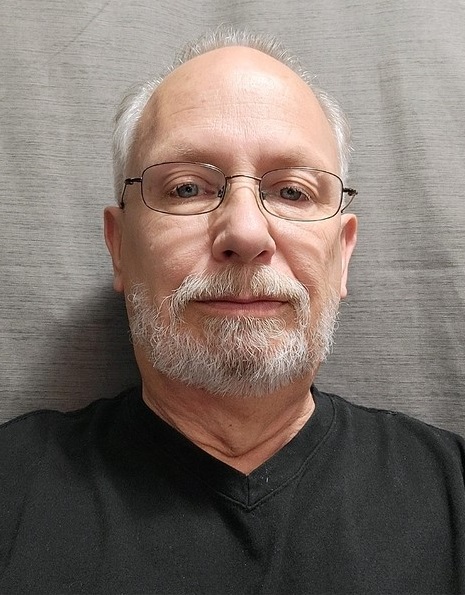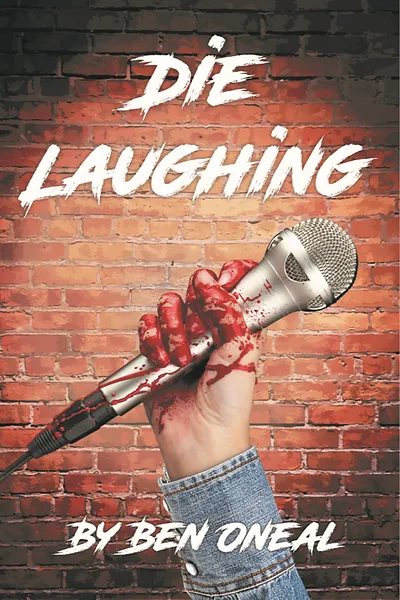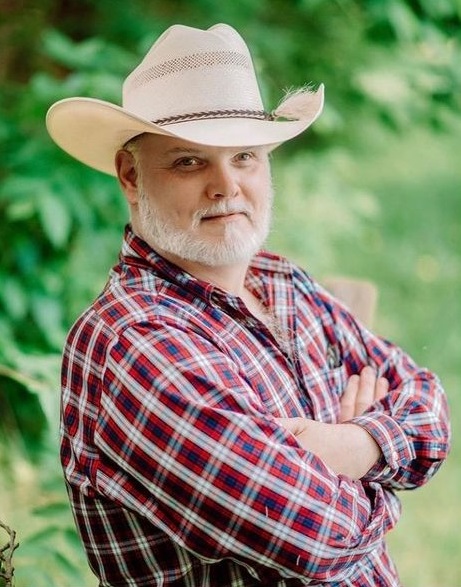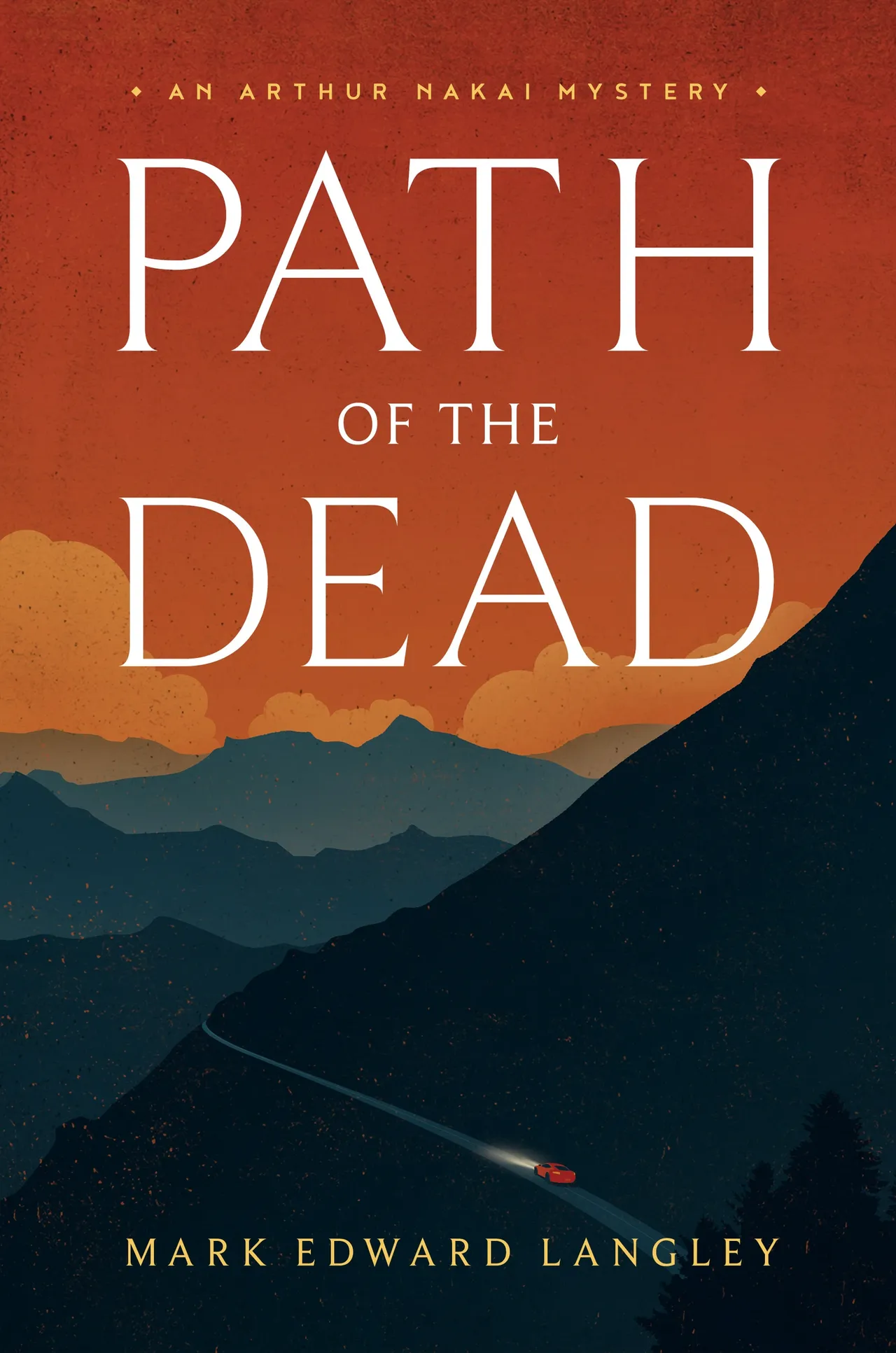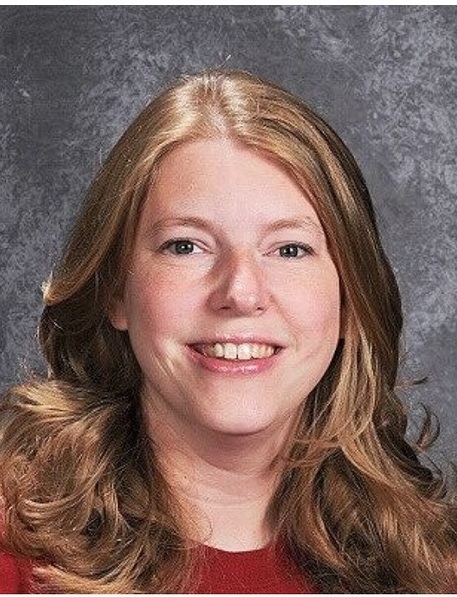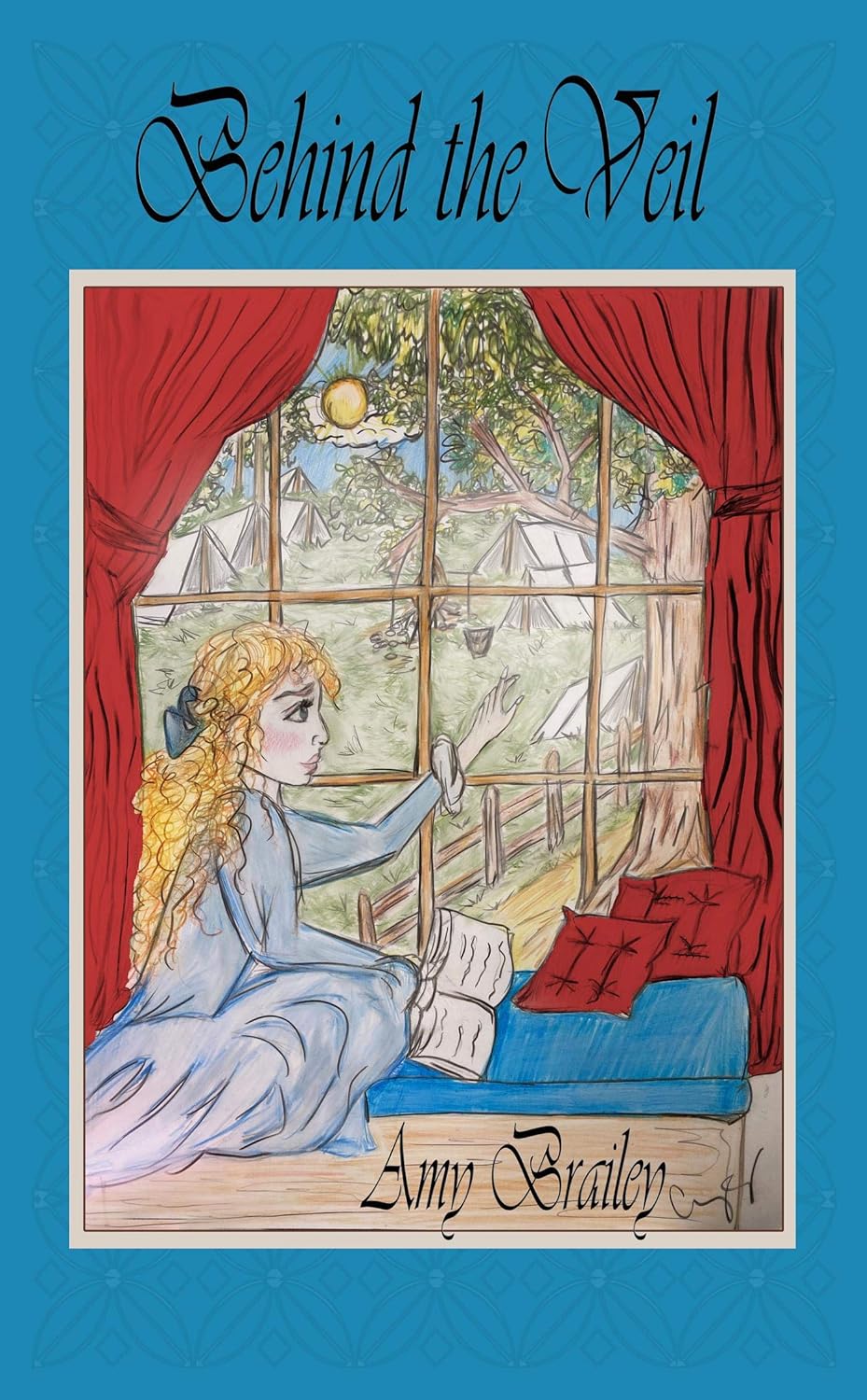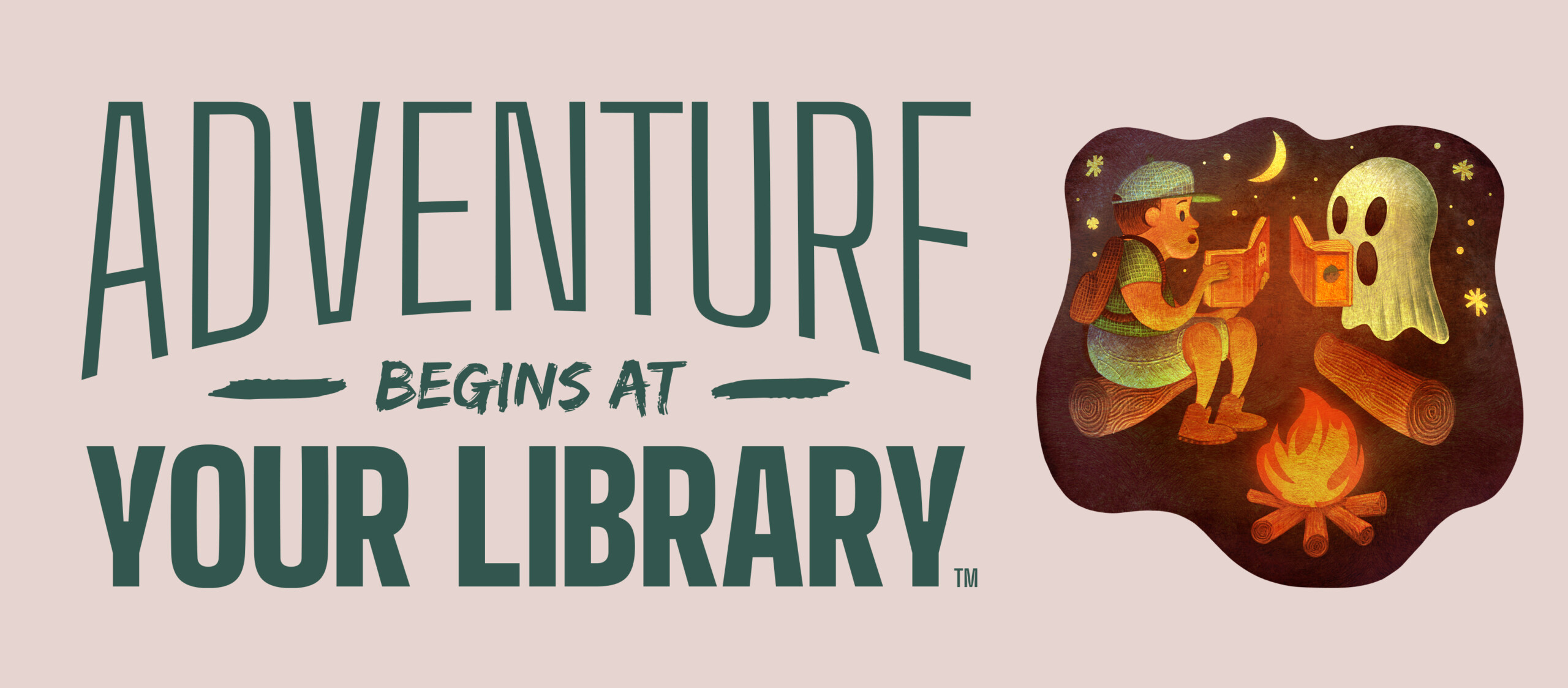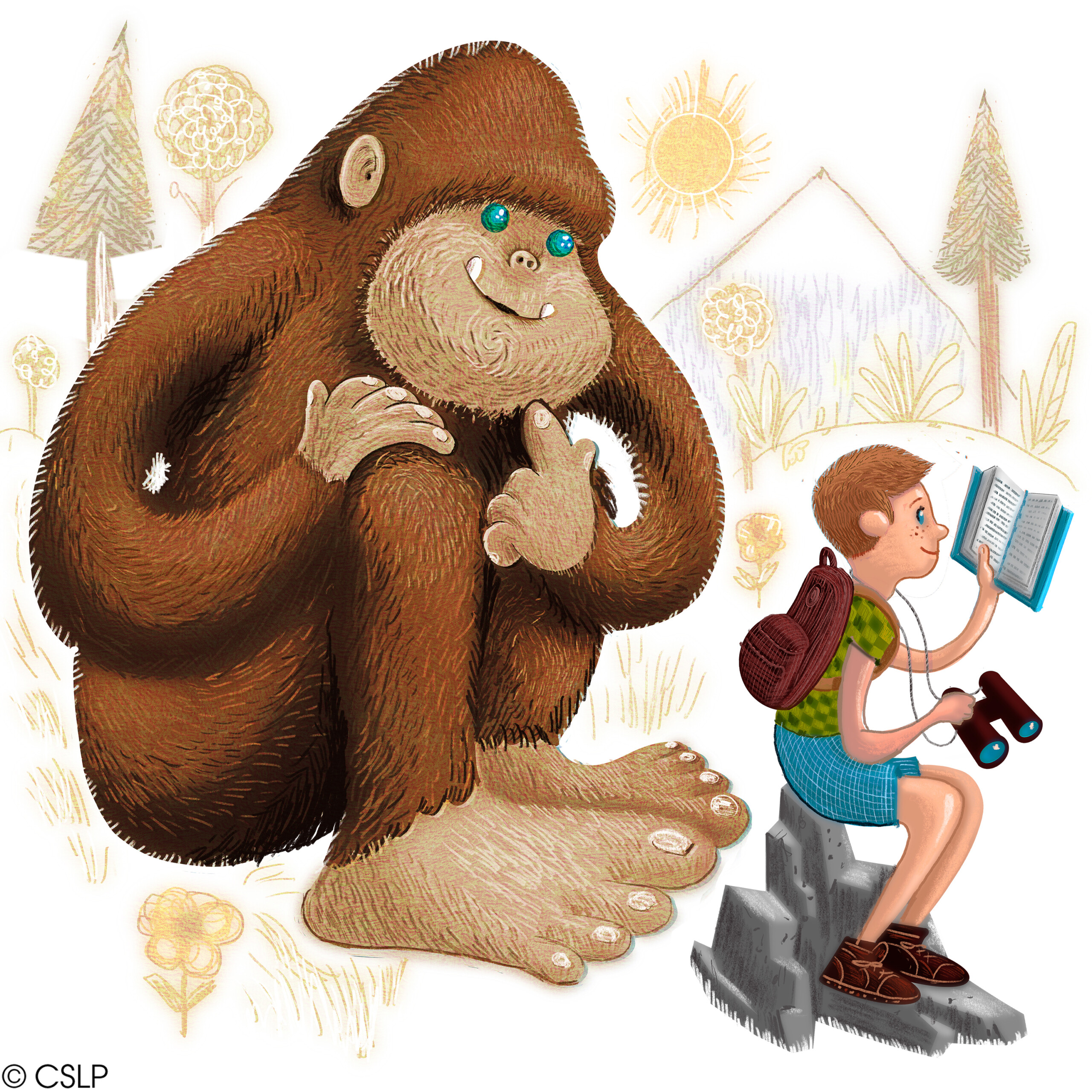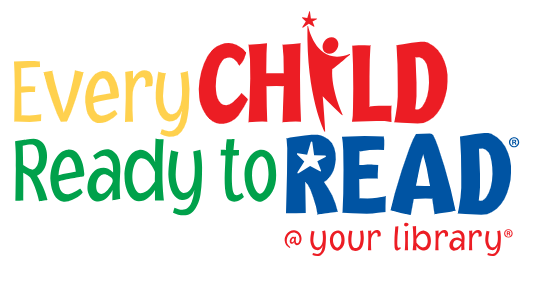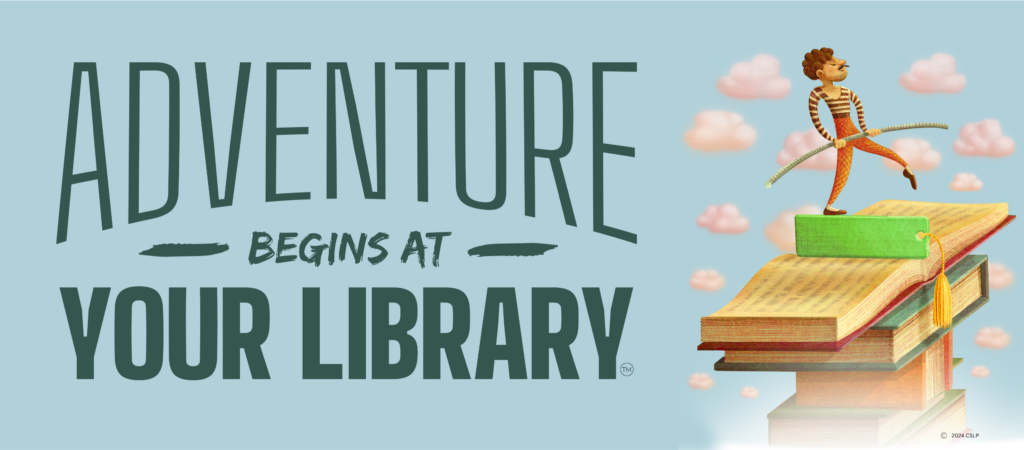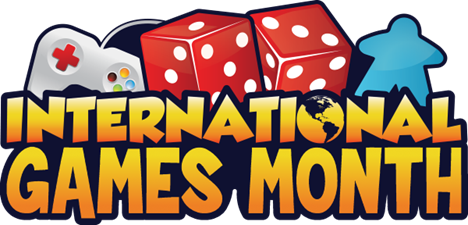Save the Date!
The Indiana State Library’s Professional Development Office is excited to tell you about the upcoming What’s Up Wednesday webinar schedule for 2025. We are still finalizing details for some of the webinars but we wanted to share what we do have.
Jan. 8, 2025
“What’s Up Wednesday – Empowering Libraries to Support Caregivers: Essential Resources and Strategies”
Caregivers often face overwhelming physical, emotional and mental challenges while balancing caregiving with their own well-being. In this session, librarians will learn how to support caregivers by connecting them with trusted health resources from the National Library of Medicine, National Institutes of Health, and other key organizations. Participants will explore effective strategies for making libraries welcoming, resource-rich spaces for caregivers and gain practical tools to help prevent caregiver burnout within the community. Join us to strengthen your library’s role as a supportive hub for caregivers, fostering resilience and connection.
Presented by Bobbi Newman, Region 6, NNLM.
Jan. 29, 2025
“What’s Up Wednesday – Artificial Intelligence in Libraries”
Stay tuned for description and registration link!
Presented by Mike Acsbok.
Feb. 12, 2025
“What’s Up Wednesday – ‘Sorry, I Don’t Speak Librarian’: Finding Your Voice and Writing for Your Audience”
Stay tuned for description, presenter info and registration link!
Feb. 26, 2025
“What’s Up Wednesday – School Care Team”
Shane Presley and Rebekah Enzler will be doing a presentation on their organization, School Care Team. With years of experience in education, the School Care Team works alongside schools and community partners to nurture cultures of care.
Stay tuned for the registration link!
Presented by Shane Presley and Rebekah Enzler.
March 12, 2025
“What’s Up Wednesday – ILF and Advocacy”
Stay tuned for description and registration link!
Presented by Vanessa Martin and Julie Wendorf.
March 26, 2025
“What’s Up Wednesday: 2025 State of the Child with Indiana Youth Institute”
To improve the lives of all Indiana children, Indiana Youth Institute provides access to reliable data and resources to empower, educate, and equip those who impact youth. Join us for a dive into the recently released 2025 Indiana KIDS COUNT® Data Book during this State of the Child presentation! Learn and engage with the best and most recent information on child well-being, to inform leaders, policymakers, youth workers and advocates, like you, with go-to sources for critical data to create positive change for youth in your community.
Stay tuned for the registration link!
Presented by the Indiana Youth Institute Data Team.
April 9, 2025
“What’s Up Wednesday – Indiana Collection at the Indiana State Library”
The Indiana Collection at the Indiana State Library offers a wealth of published material about our great state. Among the most widely used are local daily newspapers, maps, local histories and state agency documents, including historical laws. Our collection includes historical runs of many titles, essential for researching the past and preparing for the future.
In this webinar, you’ll be introduced to fascinating items within the collection, receive tips for exploring the resources, discover where to find online materials and learn how you can help us grow this unique collection.
Stay tuned for the registration link!
Presented by Monique Howell, Indiana Division supervisor, Indiana State Library.
April 30, 2025
“What’s Up Wednesday – Start Your Community’s Journey to Information Literacy”
In 2024, the Institute of Museum and Library Services launched a new website to resources to teach about the different types of literacy there are including information literacy, digital literacy, financial literacy, health literacy and science literacy. The website includes programming resources to help develop skills in using and understanding information in a quickly changing world. In addition, the website includes training resources specifically for professionals, funding opportunities to promote information literacy, ready-made lesson plans, evaluation tools and more.
Presented by Kara Cleveland, Professional Development Office supervisor, Indiana State Library.
May 14, 2025
“What’s Up Wednesday – Small Adjustments for Big Change”
Hear about the programs that have influenced one library’s community, including diversifying collections, creating spaces for different age groups, implementing food security programs, getting outside of library walls, implementing 24-hour book pickup and offering take-home crafts, all on a small budget in a small building. We’ll look at how some of the programs were planned and work together as a team to share successful programs and identify other ways to make big changes with small adjustments.
Presented by Brenda Hornsby Heindl, director and librarian, Liberty Public Library in Liberty, North Carolina.
May 28, 2025
“What’s Up Wednesday – Video Game Collections in Libraries, Pt. 3”
Stay tuned for the description and registration link!
Presented by Chris Baker, Jenna Gilles and Jamie Hein.
June 11, 2025
“What’s Up Wednesday – Invisible Faces”
The presenter will provide the information on human trafficking and its forms, the risks, the language, unacknowledged victims, identification and myths.
Stay tuned for the registration link!
Presented by Bridgette Spann-Edwards.
June 25, 2025
“What’s Up Wednesday – A Trauma Informed Care for Grieving Families”
Objectives of this webinar are to learn how grief affects children at different developmental stages; the Do’s and Don’ts of trauma informed responses; and how to best support grieving youth and families.
Presented by Lindsy Diener-Locke, LSW – Ryan’s Place in Goshen, Indiana.
July 9, 2025
“What’s Up Wednesday – Presenting the Autism Center”
Learn about the Autism Center at the new Fort Benjamin Branch of the Indianapolis Public Library.
Stay tuned for the registration link!
Presented by Shelby Peak, Indianapolis Public Library.
July 30, 2025
“What’s Up Wednesday”
This webinar will help debunk the fears surrounding AI, while providing how we currently use AI in our daily lives.
Stay tuned for presentation title and registration link!
Presented by Dr. Treg Hopkins, national director of administration and leadership of Connectable Education.
Aug. 13, 2025″
What’s Up Wednesday – Adult Programming Made Easy, Part 2″
Need more adult programming ideas? I’ve got you! I have gathered 12 more programming ideas, complete with instructions, for your library to use. These programs are adaptable to any budget.
Stay tuned for the registration link!
Presented by Lacey Klemm, Northwest regional coordinator at the Indiana State Library.
Aug. 27, 2025
“What’s Up Wednesday”
Our presenter will teach librarians and staff how they can incorporate AI in their jobs, and within their library.
Stay tuned for presentation title and registration link!
Presented by Dr. Treg Hopkins, national director of administration and leadership of Connectable Education.
Sept. 10, 2025
“What’s Up Wednesday”
Share information on what types of AI could be beneficial for libraries to use, to serve and to provide for their communities.
Stay tuned for presentation title and registration link!
Presented by Dr. Treg Hopkins, national director of administration and leadership of Connectable Education.
Sept. 24, 2025
Stay tuned for the title, description and registration link!
Oct. 8, 2025
“What’s Up Wednesday”
Demonstrate how libraries can use AI capabilities to create library programming.
Stay tuned for presentation title and registration link!
Presented by Dr. Treg Hopkins, national director of administration and leadership of Connectable Education.
Each webinar is eligible for one LEU for Indiana library staff. Check the Indiana State Library’s events calendar for all of the latest training info, including the details about the remaining webinars when they become available!
This blog post was submitted by Kara Cleveland, Professional Development Office supervisor at the Indiana State Library.

